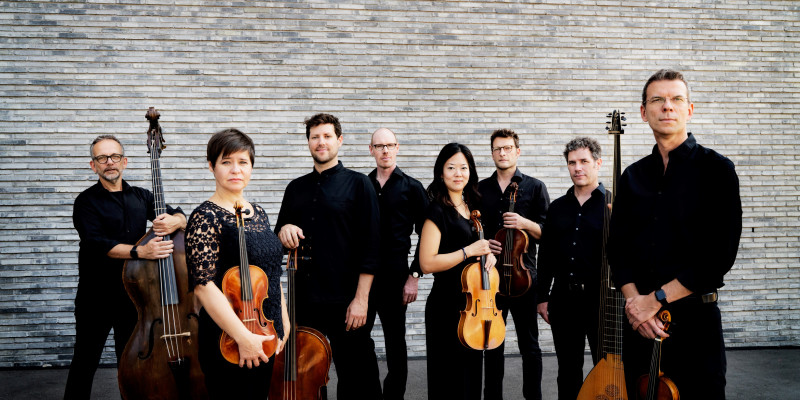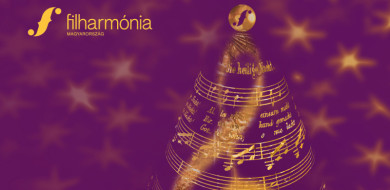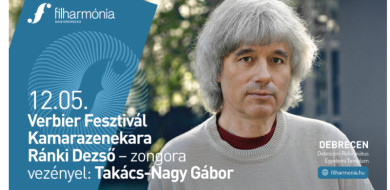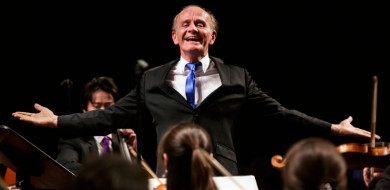“I’ll be answering your questions in plural, because since I was 19, I’ve done everything together with my wife, Éva Borhi. (…) Professor László Meszlényi had a Baroque orchestra at the college in Szeged. That’s where we discovered what makes Baroque music so special. Just as we finished our studies, a Baroque violin program was launched in Szeged, so my first degree in this field is from there,” said Péter Barczi in a recent interview on the Bartók Radio program Régizenei kalandozások (“Early Music Explorations”), where he was interviewed by Kossuth Prize-winning conductor György Vashegyi.
In Hungary, Barczi studied the fundamentals of historically informed performance with Piroska Vitárius, then continued his training in Dresden, Trossingen, and Basel under renowned mentors such as Simon Standage and John Holloway. Since 2021, he has been a permanent member of the world-famous Freiburg Baroque Orchestra, with which he had already frequently performed — including as concertmaster. He is also the second violinist of the Almaviva String Quartet, concertmaster of Camerata Basel, and a member of both the La Cetra Baroque Orchestra and the orchestra of the J. S. Bach Foundation in St. Gallen.
In 2006, together with his wife, he founded the Capricornus Consort Basel, named after the early Baroque Czech composer Samuel Capricornus (1628–1665). Capricornus, though unjustly forgotten, had many ties to Hungary. His father, a Lutheran pastor, fled to Pressburg (today’s Bratislava) and then to Sopron during the Counter-Reformation. Capricornus studied in these cities, later worked as a court musician in Vienna and as a church musician in Pressburg, and ultimately became Kapellmeister in Stuttgart.
“In my early thirties, I realized I had something personal to say musically, and I needed a group that would give me space to express that. At first, Éva and I didn’t intend to create another professional ensemble, but others joined us on this shared path. We were a circle of friends, each of whom needed an outlet beyond orchestral work to express our own emotions through music. Time passed, and it turned out we worked really well together – concerts came, CDs were recorded, and we received prestigious awards. Our ensemble consists of only seven or eight musicians, each an equal and unique personality. This brings a more flexible, vivid sound. Our playing is more spontaneous, more improvisational – we respond to each other instantly, without needing to talk about it,” says the 52-year-old Barczi about the history and philosophy of the Capricornus Consort.
Over the past 19 years, the ensemble’s recordings have received numerous accolades, including the Diapason d’Or, International Classical Music Awards (ICMA), Echo Klassik, Opus Klassik, and the Preis der deutschen Schallplattenkritik.
In Vác, the Capricornus Consort will present a special program: string chamber arrangements of various organ works and trio sonatas by Johann Sebastian Bach. Among professionals, it is well known that Bach often composed independently of instrumentation, making many of his works easily adaptable for different ensembles — and new orchestrations can reveal fresh musical nuances. According to Barczi, “Baroque music is far more colorful than we imagined when we were starting out – full of emotion and passion.”
The ensemble always performs on period instruments, which — even down to the string material — makes a significant difference. “Modern violins use metal strings, while Baroque ones are strung with gut. These are harder to tune, break more easily, and are more sensitive to the weather, yet they produce a much finer, warmer, and at the same time more energetic sound. The special shape of historical bows also has a major influence on sound and articulation,” explains Barczi, the artistic director of the Capricornus Consort.
You can purchase tickets for the concert HERE.










